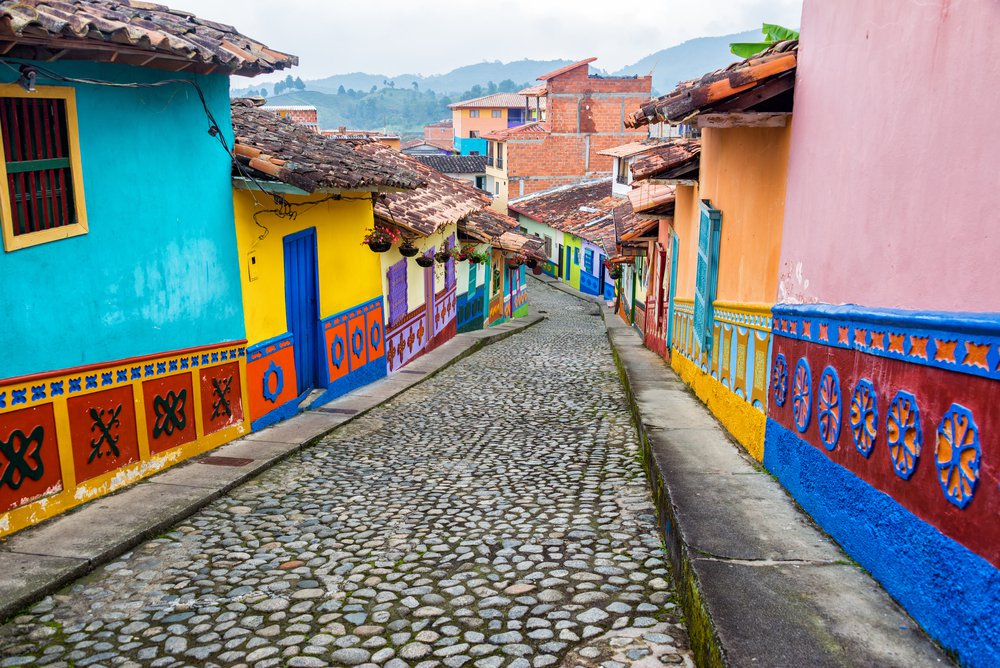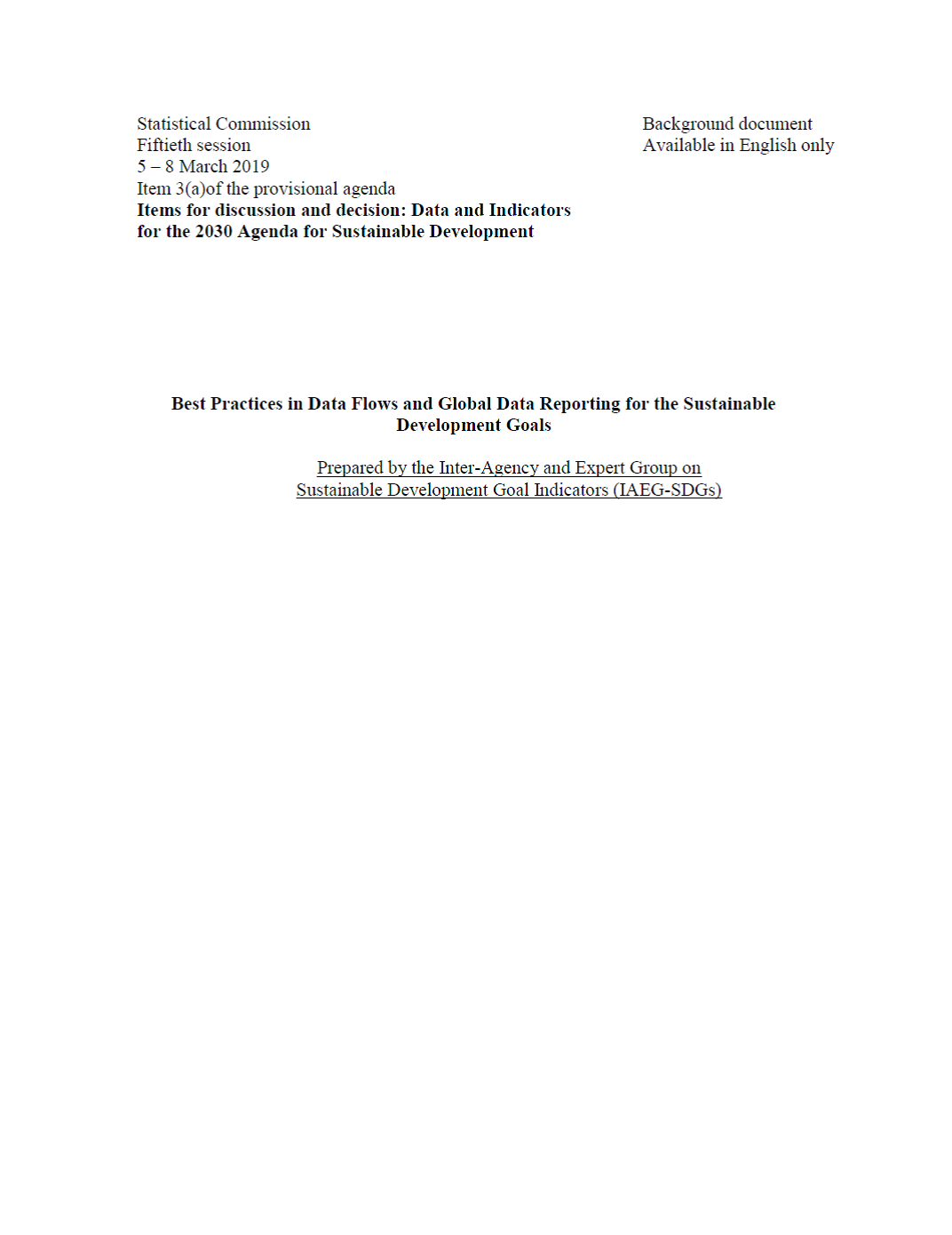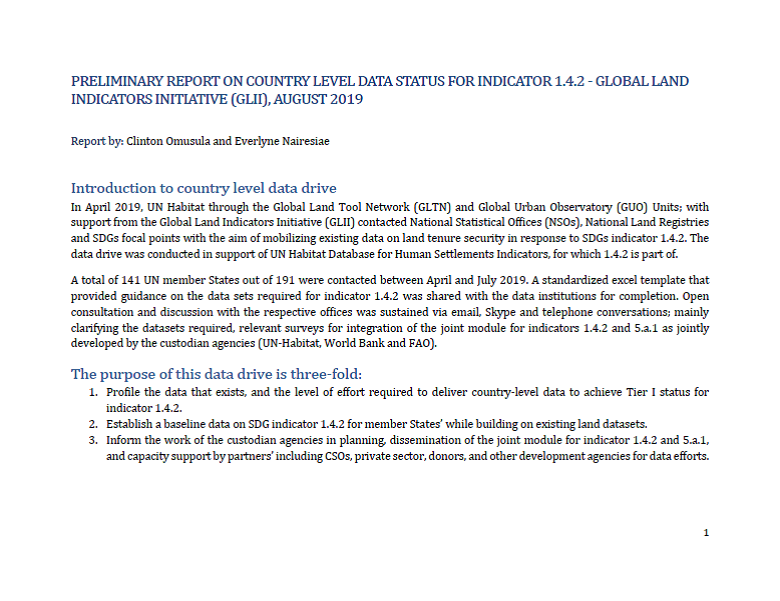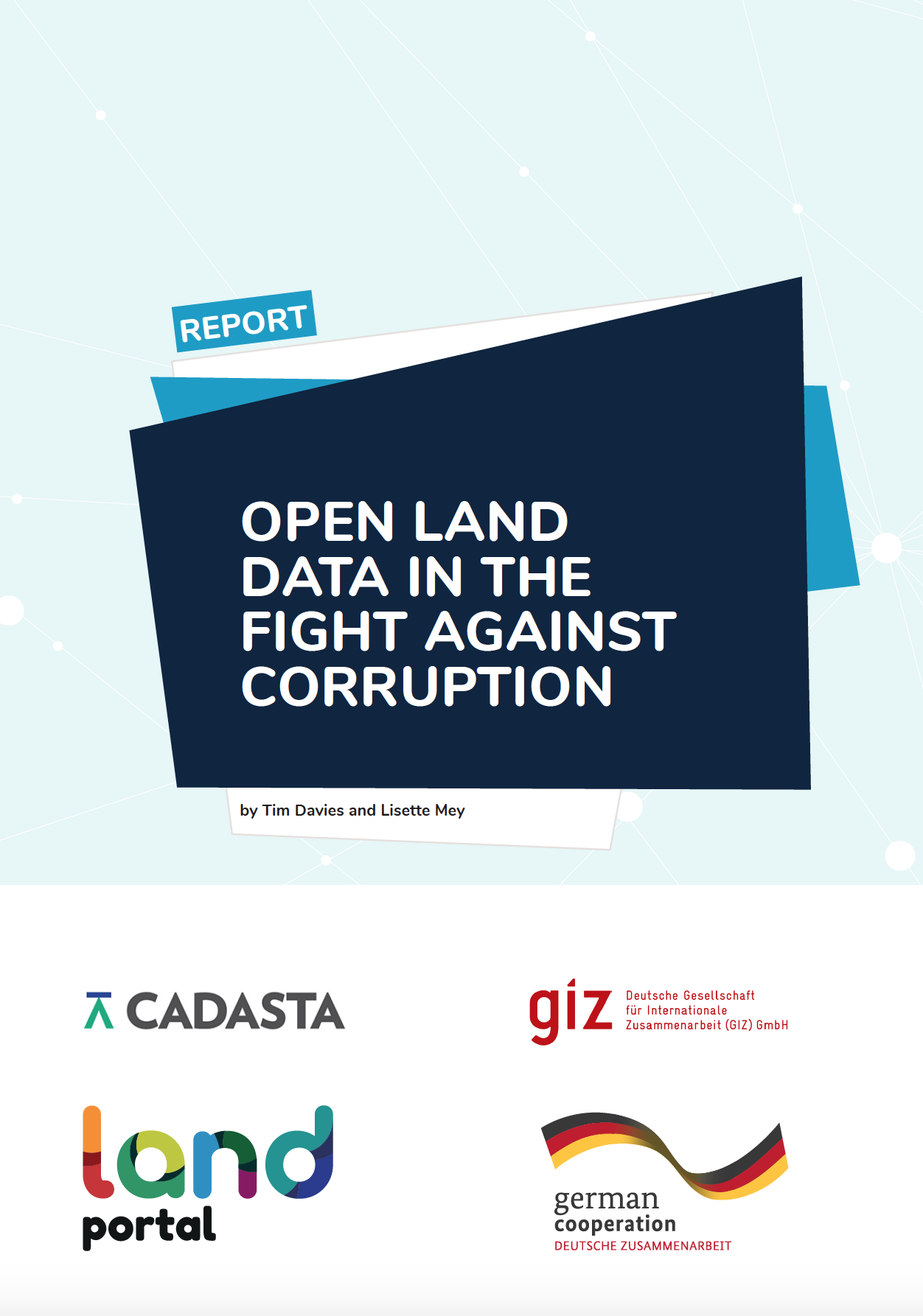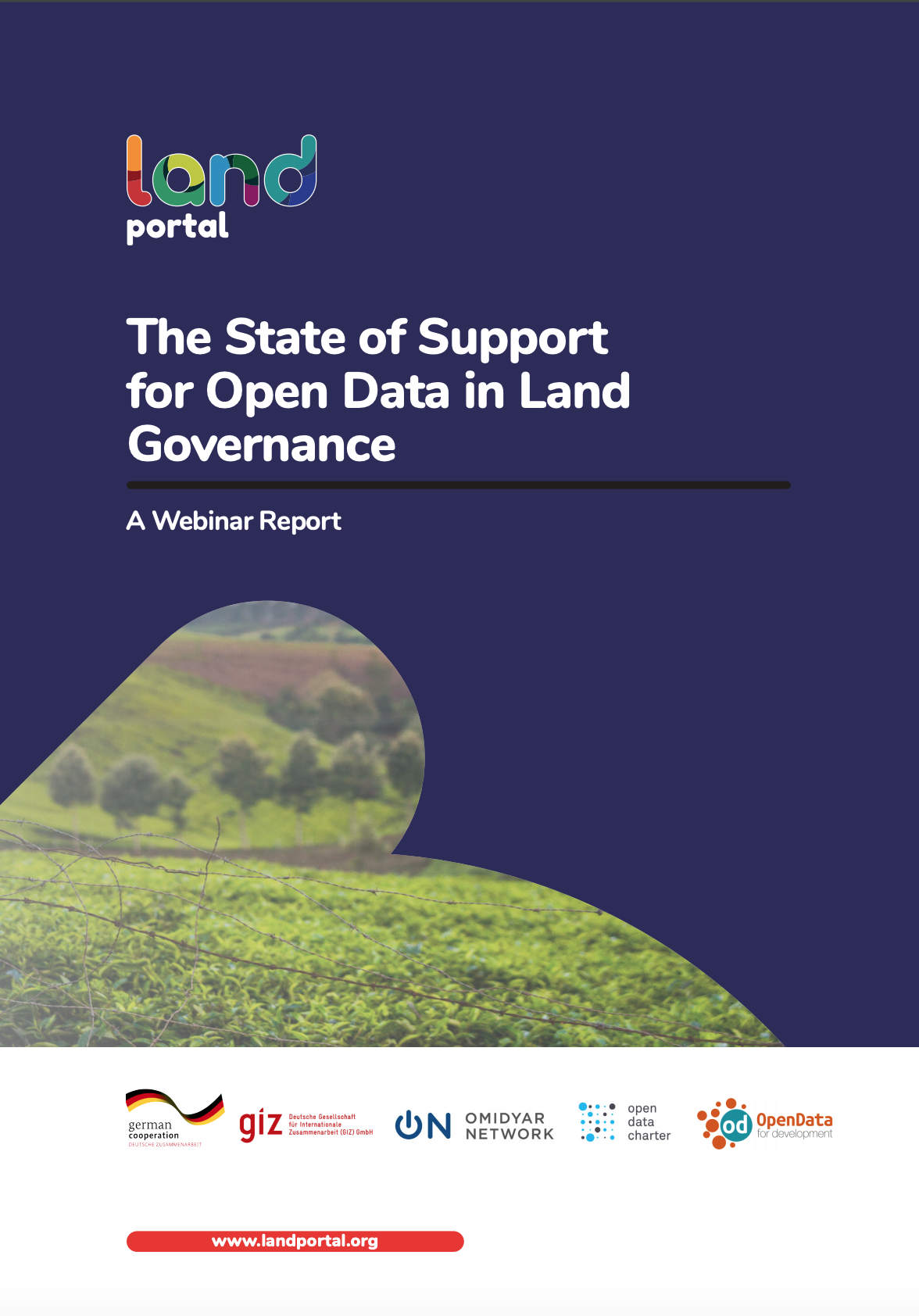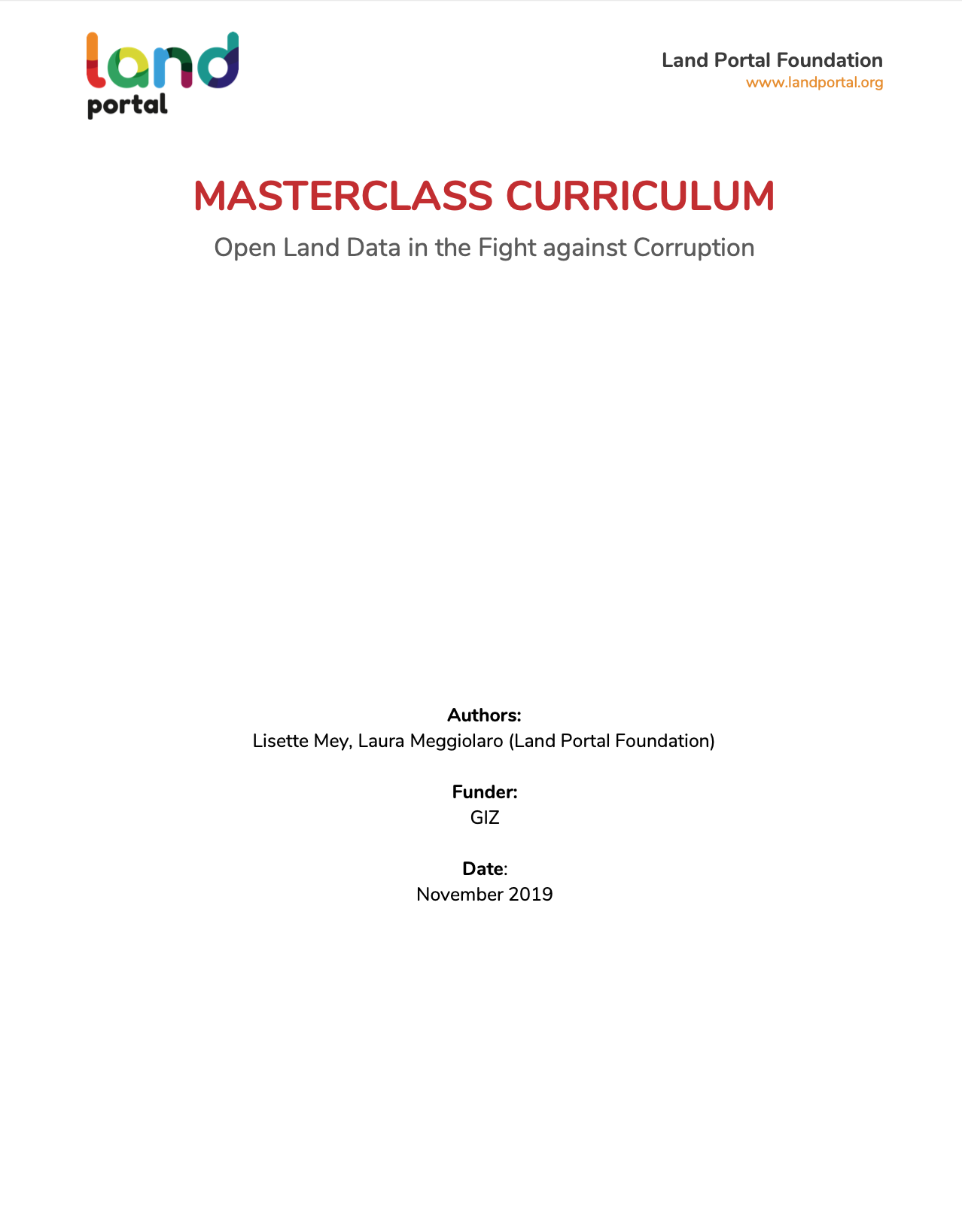Blockchain and Property Rights
An Introduction to Blockchain
Blockchain, at its most basic, is database technology. It is a type of distributed ledger, that can be concurrently accessed and updated by multiple users. Members of a blockchain network collectively validate new data through consensus algorithms and add the information to “blocks,” which are linked cryptographically into a “chain” (hence the term blockchain). As a result, this decentralized network creates an agreed-upon record of the time and origin of every data input, stored on many independent computers.

